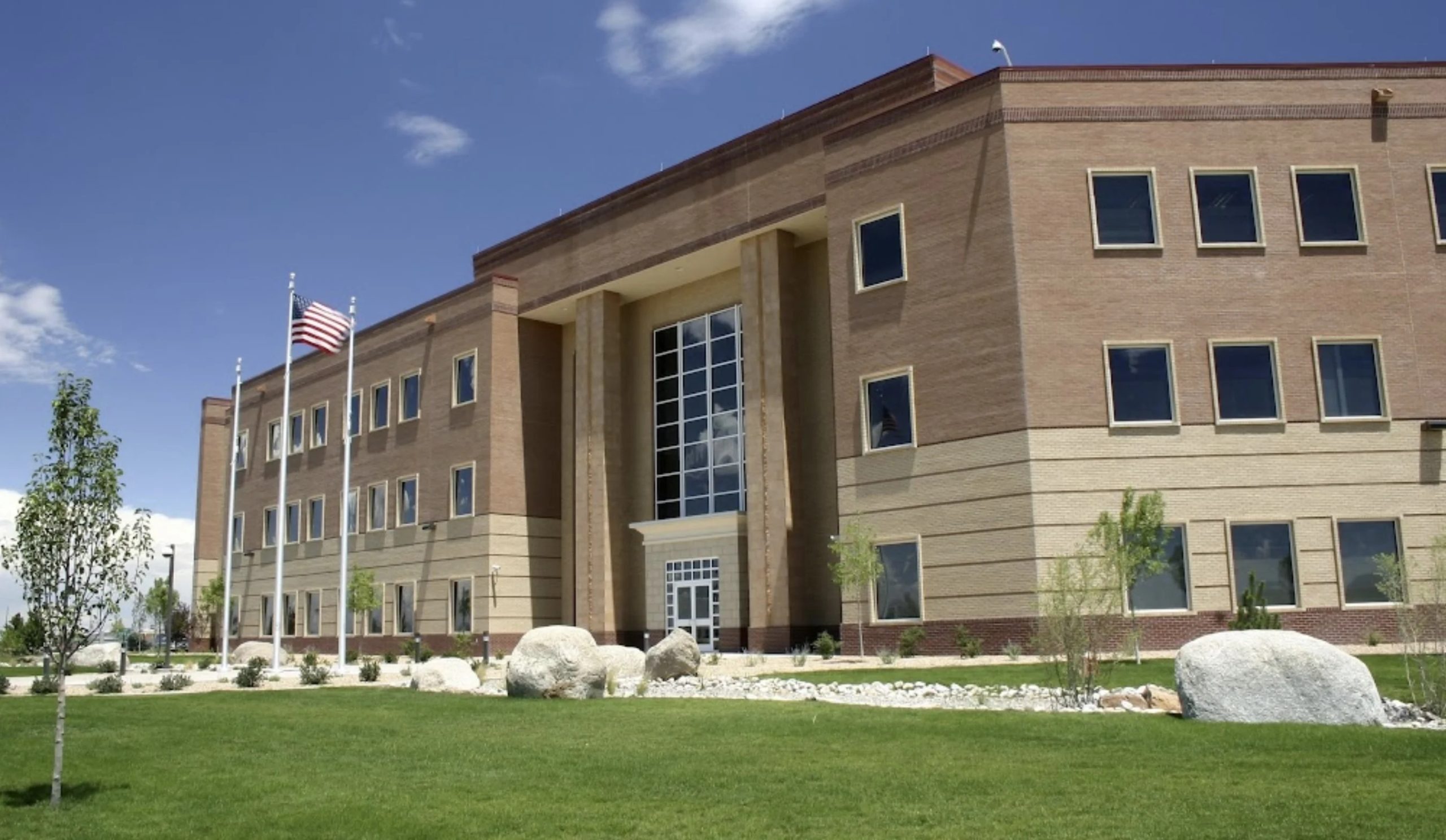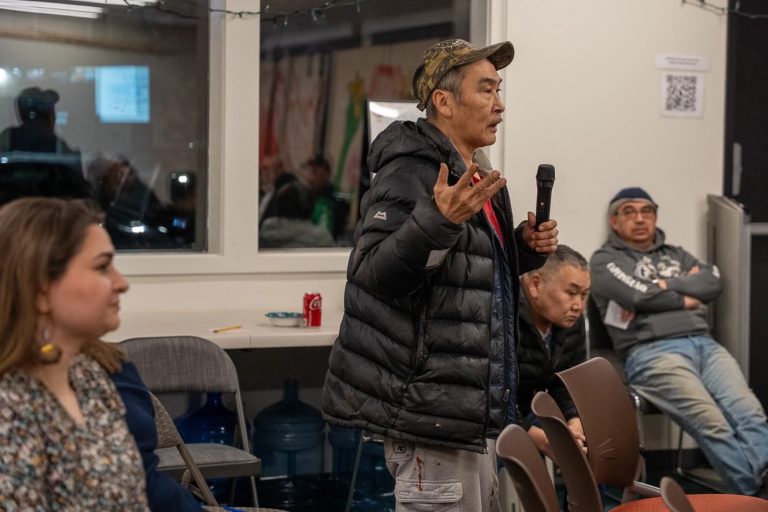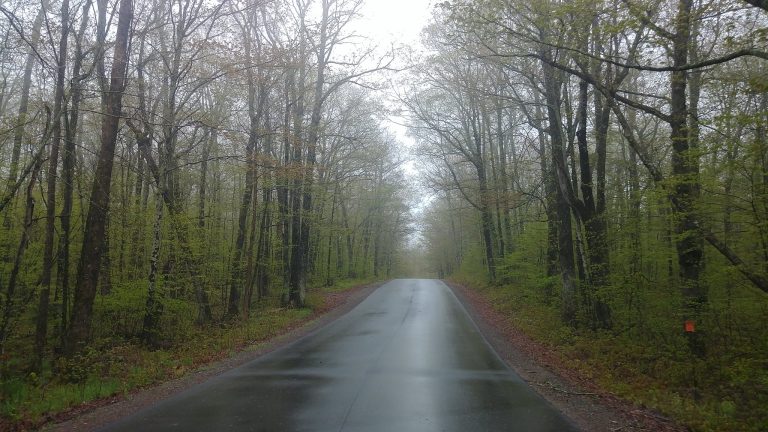Podcast: Play in new window | Download | Embed
A group of tribes want the U.S. government to explain how it historically funded boarding schools for Indigenous children.
As Jimmy Romo reports for the Mountain West News Bureau, the tribes recently filed a lawsuit aiming to force the country to reckon with the past.
The Wichita and Affiliated Tribes of Oklahoma, along with the Washoe Tribe of Nevada and California, filed the lawsuit in a Pennsylvania federal district court. It seeks to hold U.S. agencies responsible for the Indian boarding school system.
Native children suffered horrific abuse and neglect in these schools, and many never made it home.
According to the complaint, boarding school operations were funded by Native Nations trust funds. Those funds contained proceeds from the sale of tribal land — land that the U.S. government forced tribes to sign away.
The trust, plaintiffs say, was meant for the collective benefit of Native Nations.
It is estimated that the government used $23 billion, in today’s money, to run the boarding schools.
The tribes are asking the courts to force the U.S. to give a breakdown of how the funds were used.
The U.S. government has yet to respond to the complaint.
![]()
![]()

Oak Flat protest in Washington, D.C. in 2015. (Photo: Wendy Kenin / Flickr)
The Apache Stronghold, a coalition of Apache people, other Native people, and their allies, say the group’s fight will continue to protect Oak Flat in Arizona.
This after the U-S Supreme Court Tuesday, declined to hear the group’s lawsuit Apache Stronghold v. United States.
The case seeks to stop the government from transferring Oak Flat, a site sacred to Apache and other Native people, to Resolution Copper, which plans to turn the site into a mining crater.
In a statement, Dr. Wendsler Nosie Sr. of Apache Stronghold said they’ll never stop fighting and that nothing will deter them from protecting Oak Flat from destruction.
He goes on to say while the decision is a heavy blow, their struggle is far from over and they’re urging action from Congress while they press forward in the courts.
Resolution Copper welcomed the decision, and in a statement said “the mine is vital to securing America’s energy future, infrastructure needs, and national defense with a domestic supply of copper and other minerals.”
And says the project will create jobs and boost the economy.
Attorneys for the Apache Stronghold say “they’ll do everything in their power to ensure that the Apaches can continue worshiping at Oak Flat as they have for generations.”

The FBI says it will add resources in 10 states including New Mexico to tackle unresolved crimes, with a focus on those related to missing and murdered Indigenous persons. But not everyone is convinced it will have a significant impact.
More from Roz Brown.
The agency said 60 agents will be deployed to Albuquerque to investigate unsolved crimes.
Darlene Gomez, a tribal attorney, has spent her career advocating for missing and murdered Indigenous women.
When it comes to investigations, she said accountability can be lacking.
“When the Department of Justice or President Trump enacts legislation or (a) special task force, we very rarely see any of the data that comes out of what those task forces were supposed to accomplish.”
Prior to the FBI announcement, the Trump administration scrubbed an online report from the Not Invisible Act Commission, mandated by bipartisan legislation and signed into law by President Donald Trump during his first term.
Gomez has a friend who’s been missing for 24 years, so she is encouraged New Mexico recently adopted the “Turquoise Alert,” a system to help locate missing Indigenous people, similar to an Amber Alert for missing children and already operational in California, Colorado, and Washington.
Nonetheless, Gomez worries New Mexico is backsliding on its commitment to locate the missing.
“I feel like New Mexico was once the premiere state in the country working on murdered, missing, Indigenous women and relative topics, and we were making huge, significant strides. Now we are down at the bottom again.”
Get National Native News delivered to your inbox daily. Sign up for our daily newsletter today.



